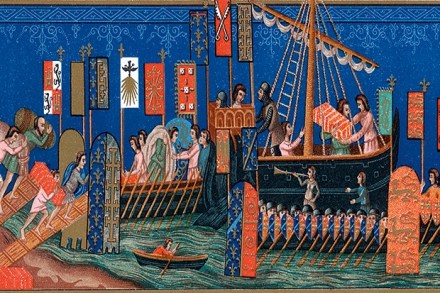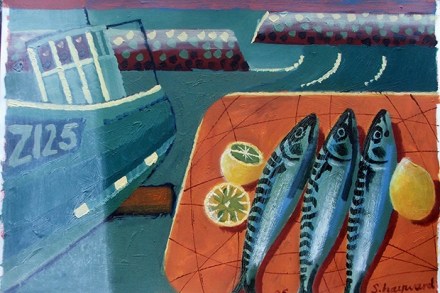Piety and savagery
First a confession. Like many modern British readers, I have contracted a severe case of Jihad Overload Syndrome. Symptoms of this unhappy condition include bouts of despair, melancholy, lassitude, irritation and impatience, and an ostrich-like tendency to pretend none of it is really happening. These can be regularly triggered by Muslim taxi drivers attempting to convert infidels to the true faith, newspaper headlines about the latest suicide bombing in Syria/Iraq/Turkey, and pious homilies from western leaders that Islam is a religion of peace. An Amazon search for books with ‘jihad’ in the title reveals 6,256 dispiriting choices. A deep breath may therefore be called for before embarking on Crusade and




















